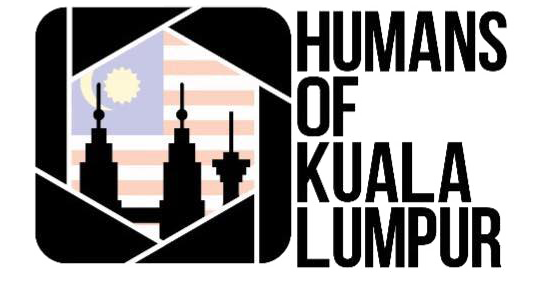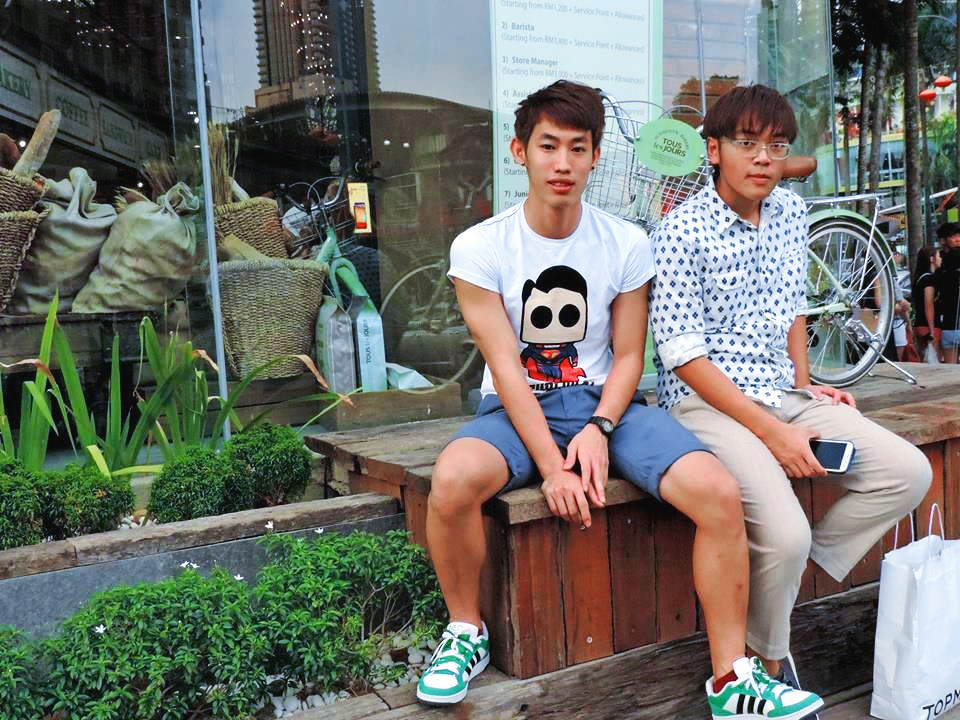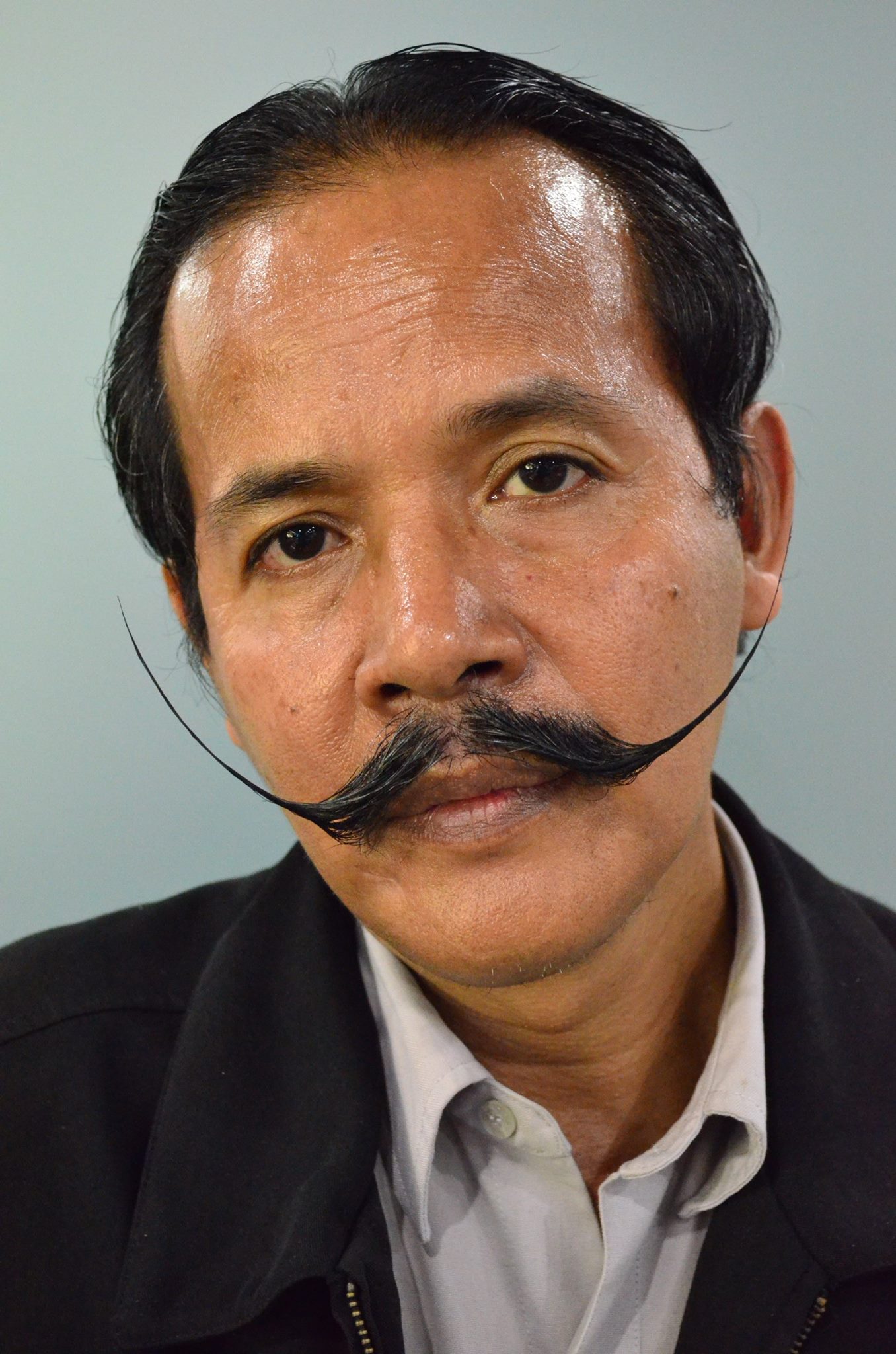“On the day that the prisoners will be released, the Director/Warden will be there, and a list of his bio, weight before and after prison, crimes and time served will be called out. We then give a test to see if they have changed and improved themselves. Each inmate will go to a religious class and be assigned their guru. If you’re Muslim you go to the Islamic classes and if you’re Buddhist or Hindu you go to those religious classes. We tell them ‘when you walked in here, you were empty, you did not know many good things. You now leave with goodness in you‘.
The majority of prisoners here are Malays, about 60% of them, with 40% Chinese and Indians. There are 3000 inmates in this prison, and 200 of them are women. The women are imprisoned mostly because of drugs, and the men’s crimes vary from drugs to rape and assault. However, most of the prisoners are there because of drug-related crimes.
For inmates, their uniforms vary in color. We measure them by months. If you’re here for more than 12 months, you will be wearing dark blue uniforms. Those who had attempted to escape out of prison will be wearing those black and white striped uniforms.
They spend their time doing work – we pay them and they gain valuable skills that they can use after they have served their sentence.
Death row prisoners (those who have been served death sentences and are awaiting their time) are not allowed to go out and work. They are secured in the maximum-security cells, with only 1 hour a day given to go out on a break.
Their food and meals are special too – the chicken that we serve does not contain any bones. This is because they can potentially use this to end their own life.
Going up the rolling hills of Genting, we end up at Bentong prison. They briefed us, we had our bags and had our bodies thoroughly checked for items that are not supposed to be in there. No phones, knives, allowed to be brought in, and no bags either.
I only walked in with my watch, pen (no notepad), Nikon D610 camera with the 70-20mm lens and the Canon G7X Mark II.
The event was organized with Resort Genting and the DYTM Tengku Puan Pahang Tunku Hajah Azizah Aminah Maimunah, where along with famed Chef Vitalise have taught the women on how to create fine Malay cuisine. These foods ranging from sweet to savory, and they had all been compiled in her cooking books.
While a Princess could have better things to do, it was great and heartening to see that she had spent all this time with the female inmates, in that hot sweaty condition teaching them life lessons. The fact that a member of the royalty mixed around with those who had committed crimes and might be possibly dangerous is ennobling.
And to see hardcore uber-masculine men who have shifty, hardened eyes, working on the intricacies of textile and sowing, weaving songket items of clothing seemed odd in some sense – a usually female activity, in a female industry (fashion – although thinking about it all great fashion houses are built by men like Ralph Lauren, Michael Kors, and Louis Vuitton.
I hope that these men aren’t just playing nice when armed officers and wardens are there, and when they are out there in the world they will go back to their bad ways. That is in itself sad and heartbreaking to see.
But looking at it from my gut feeling – I didn’t see bad evil human beings. I saw men who were born into poverty, those without education and had nothing else better to do, had to do other things to survive in this world and did not have the same opportunities – education mostly – as us lucky few to climb out of the circle of poverty.
Because it is just sad to see them released to the world, hoping and wanting to start a new better life but because of stigma and lack of resources/education to move up higher in the world, that they would revert back to their previous behaviors.”
Written by Mushamir Mustafa










